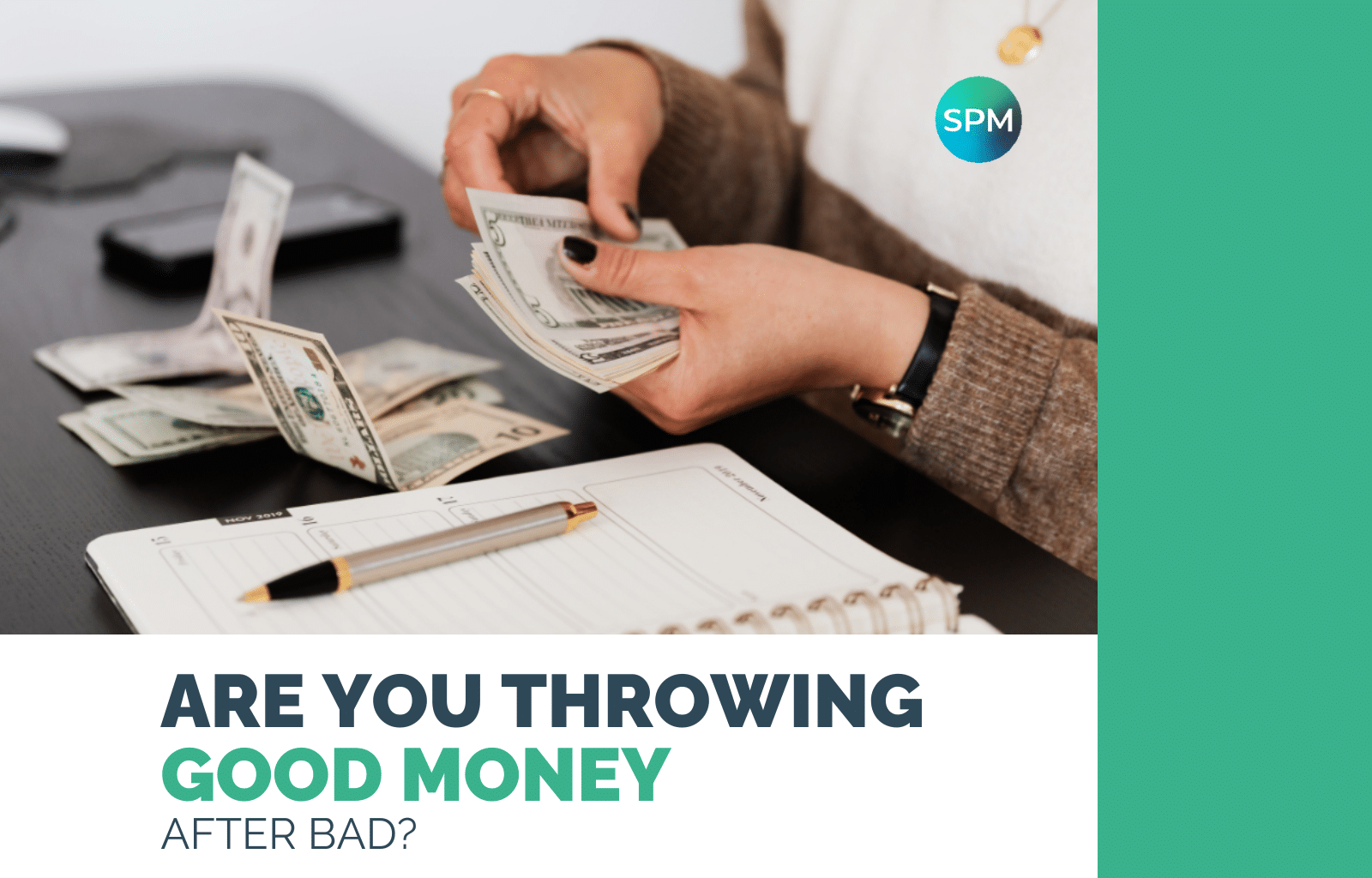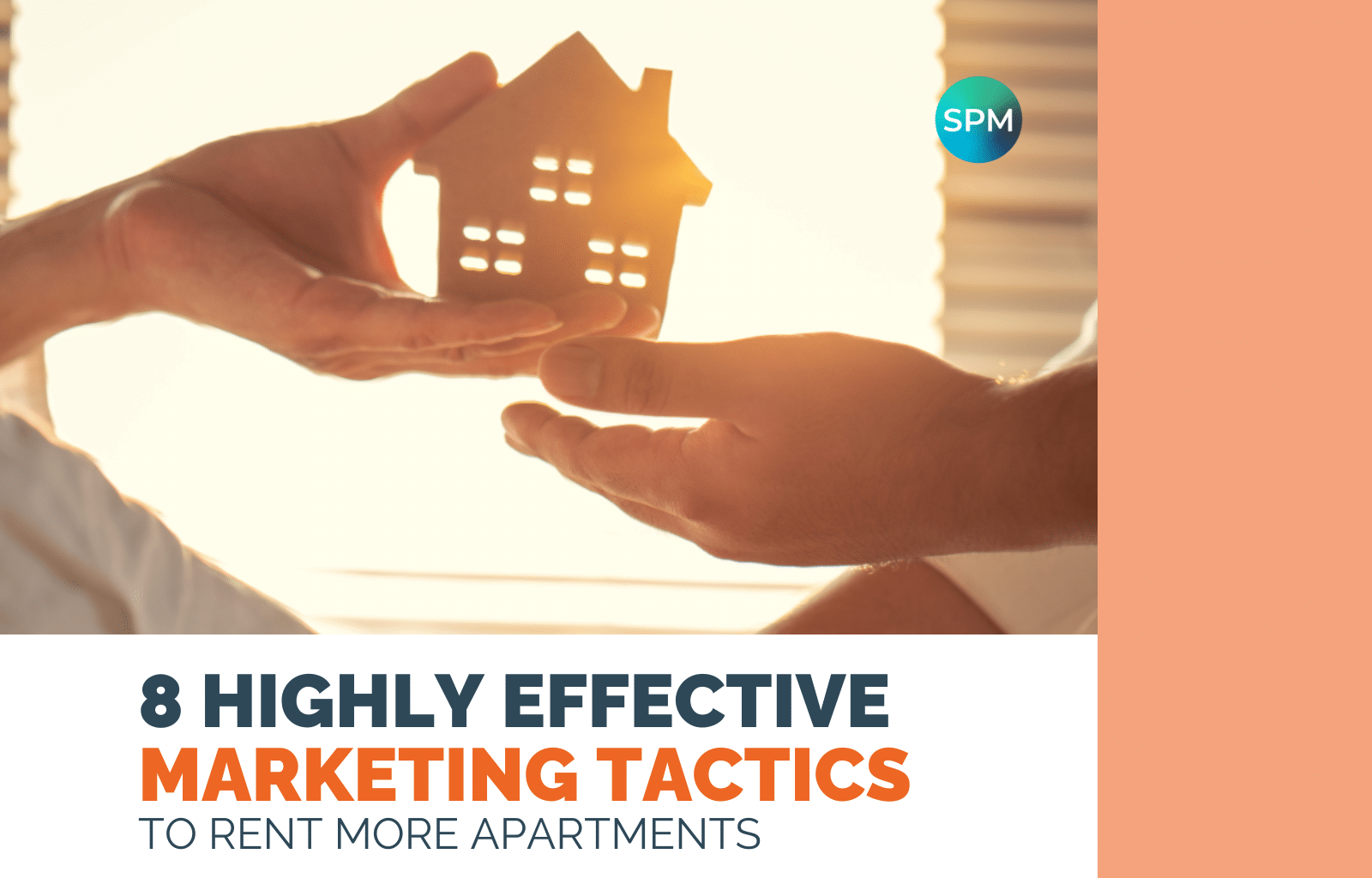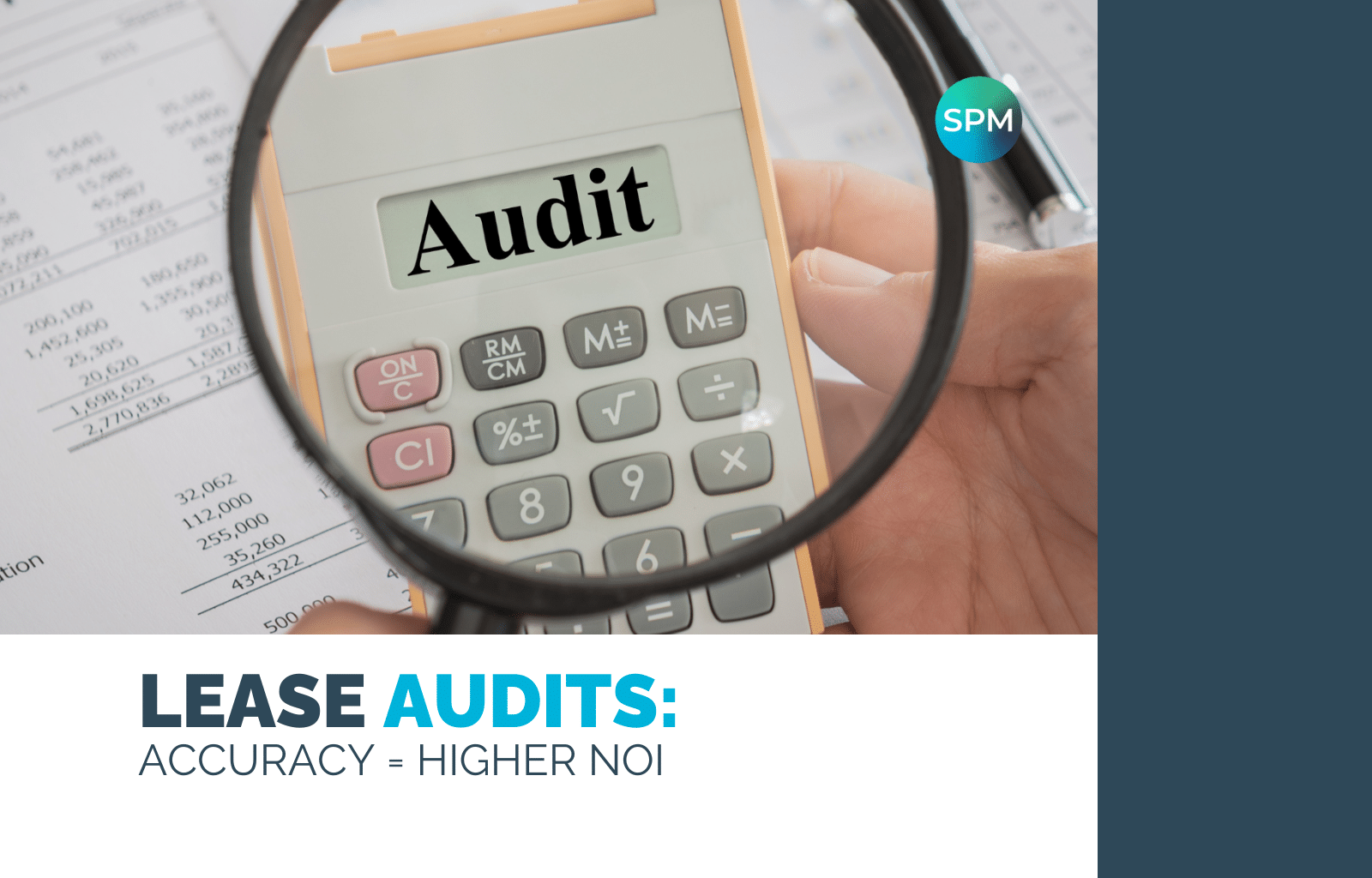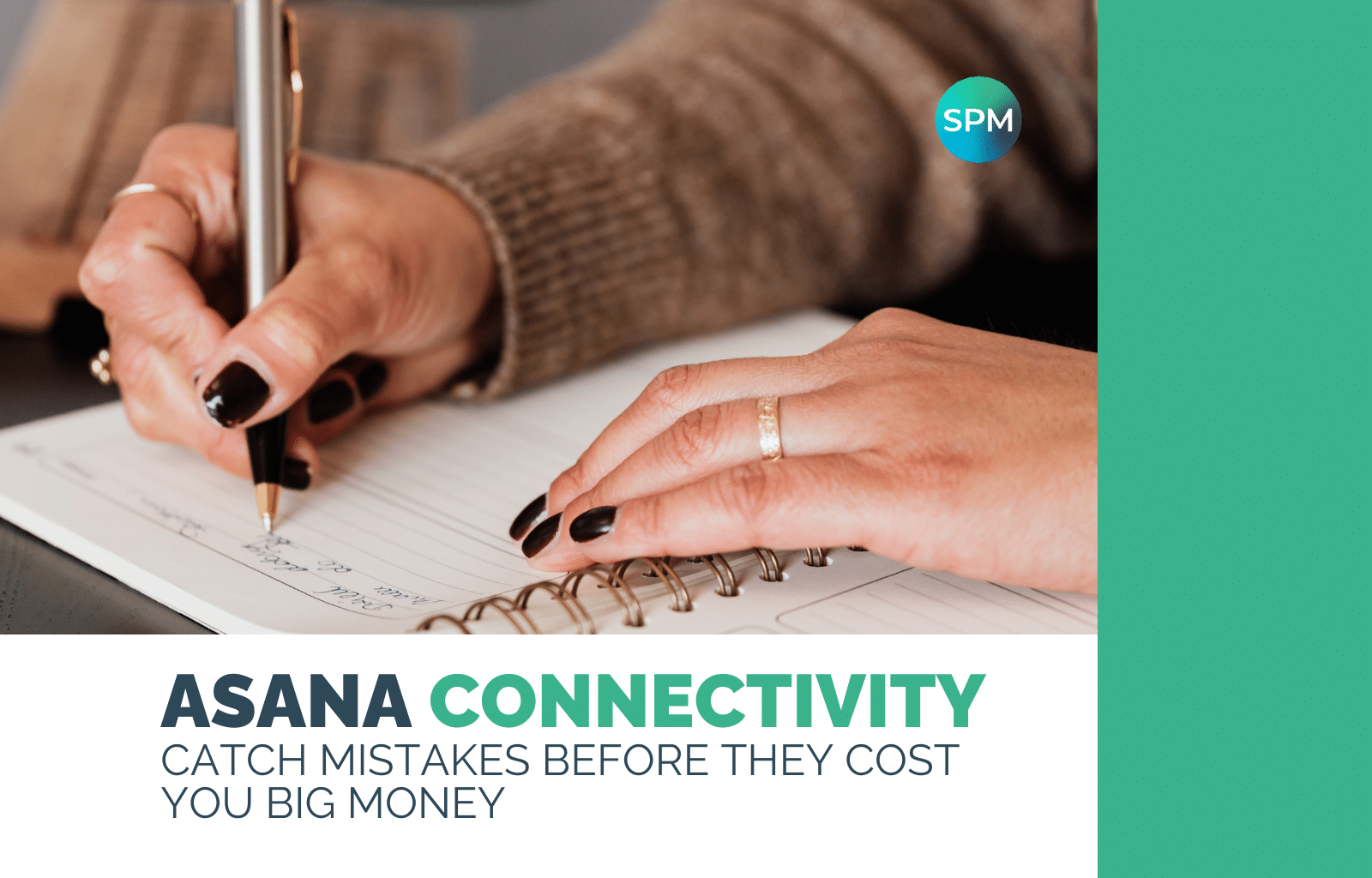A hand shake, a “thank you” and a security deposit paid back in full.
That’s how you want your lease to end.
But in order for this to happen, three conditions must be met:
- You must feel grateful for the time you spent in a comfy home and excited to move to a better one.
- Your landlord must be happy to reclaim the property in a pristine condition.
- Both you and your landlord must be clear on what the security deposit is and what it was meant to cover the day you signed the lease agreement.
The following paragraphs are all about that last part. They’ll give you a definitive answer to the question: “what is a security deposit?”
More importantly, and if you’re renting for the first time, they’ll help you avoid losing your security deposit at the end of your lease.
So, let’s dive in:
What is a security deposit?
A landlord expects you to comply with the terms of the lease agreement and to take good care of the property.
A security deposit is their “insurance policy” in case you don’t.
It’s an amount of money you pay in the beginning for the lease with the expectation of getting it back in full or in part after you vacate the property once your tenancy is through.
The landlord determines the amount they’ll pay you back after inspecting the property for any damages and deducting the necessary costs from your initial deposit.
How much is a security deposit?
A landlord will consider several factors to determine the amount of your security deposit.
For instance, if you have a low credit score or a low income you may be viewed as a higher risk for defaulting on rent payments or vacating the property unexpectedly.
So, in order to mitigate the perceived risk, the landlord may demand you pay a higher security deposit compared to someone who has a higher income and a better credit history.
The amount you pay as a security deposit depends also on the law of state you live in.
Some states have no limit on how much a landlord can charge. Some states allow for a maximum of three months’ rent to be charged. But most states have it capped at one month’s rent.
You may also come across some apartment communities that require security deposits as low as $100.
When to pay the security deposit and when to get it back:
So, do you pay a security deposit before signing a lease? Or do you pay it later?
Typically, you will pay the security deposit at the lease signing using a money order, a cashier’s check, or an electronic payment through ACH.
And you get it back within 30 to 60 days after the end of the lease period.
Your landlord will typically send it to you in the mail in the form of a check.
So, it’s crucial to inform them of your new address to ensure you receive your refund promptly.
What you need to know about security deposit assistance programs:
The purpose of security deposit assistance programs is to provide financial support to low-income individuals or families, allowing them to secure a rental property without the burden of a large upfront payment.
These programs receive funding from various sources, including government grants, nonprofit organizations, community-based initiatives, and private donations. Some of them may prioritize certain groups, such as veterans, individuals with disabilities, or those facing homelessness.
To apply for security deposit assistance, you typically need to complete an application form, provide supporting documentation (e.g., income verification, identification) and submit the application to the relevant program or organization.
In some cases, this assistance can be structured as a loan that needs to be repaid over time. But that’s not always the case as many of these programs offer grants or funds that do not require repayment.
If you want to find a security deposit assistance program, then start your search in local government housing departments, community action agencies and nonprofit organizations.
How to make sure you’ll get your security deposit paid back in full:
Losing your security deposit can be a significant financial loss. Fortunately, it is one that can be avoided if you’re well-informed, fair minded and you use your common sense.
Here’s how:
Be informed: This means you should know your rights as well as your duties.
It means you ask for a pre-move walk-through to examine the state of the property and document any pre-existing damage before you move in.
It means you agree with the landlord on what constitutes normal wear and tear and what could result in damage deductions from your security deposit.
And it means you know the answer to every question a tenant should ask before signing a lease agreement.
Be communicative: This means you should maintain open communication with your landlord to avoid all misunderstandings that can result in the loss of your security deposit.
So always do your best to keep your landlord informed of any issues that pop up and ask their permission before you make any significant changes or customizations to the property.
Be fair: the landlord would want nothing more than to see the property in a pristine condition after you move out. If they do, they’d be more than happy to pay back your security deposit in full.
So, make sure to take trash-out and clean-up before you move out. And take care of any paint issues, carpet stains and bathroom drain damage caused during your tenancy.
Of course, it goes without saying that you must be dealing with a landlord or a property manager who’s fair-minded and who’s willing to use common sense to avoid any disputes related to the repayment of your security deposit.
If you need any help in that regard, Summerfield Property Management would be happy to help.
FAQ’s
Does a security deposit serve as a final month’s rent?
If your lease agreement specifies that your security deposit will serve as the final month’s rent, it means that the money you paid can only be applied towards rent and cannot be used for any damages to the apartment.
As a result, you won’t be eligible for a refund of the security deposit once you move out.
Alternatively, if your landlord only asks for the last month’s rent upfront and doesn’t require a separate security deposit, they are taking on the financial responsibility of repairing any damages caused by you during the lease period.
What happens if the value of damages is bigger than the security deposit?
Unexpected situations can occur, and your landlord may need additional funds to cover damages beyond your security deposit.
The process they follow depends on your state’s laws. Typically, they’ll send you a letter outlining the damages and repair costs, along with a request to pay the outstanding amount.
Failure to pay may result in legal action, such as being taken to small claims court.
While having to pay more than your initial security deposit is not ideal, it’s crucial to address any outstanding debts to your landlord promptly to avoid future problems.
If you believe there is an issue with your landlord’s claim, seeking legal advice can help you make an informed decision about how to proceed.
What to do if I don’t receive my security deposit?
It’s important to review your lease agreement to determine the timeframe for receiving your security deposit after moving out.
If the timeframe specified in your lease and state laws has passed, consider sending a friendly reminder to your property manager or landlord via phone, email, or by visiting the leasing office.
If you have more questions and need help navigating the rental market, then you are welcome to reach out to Summerfield Property Management. An agent would gladly provide you with the tailor-made guidance you need.










